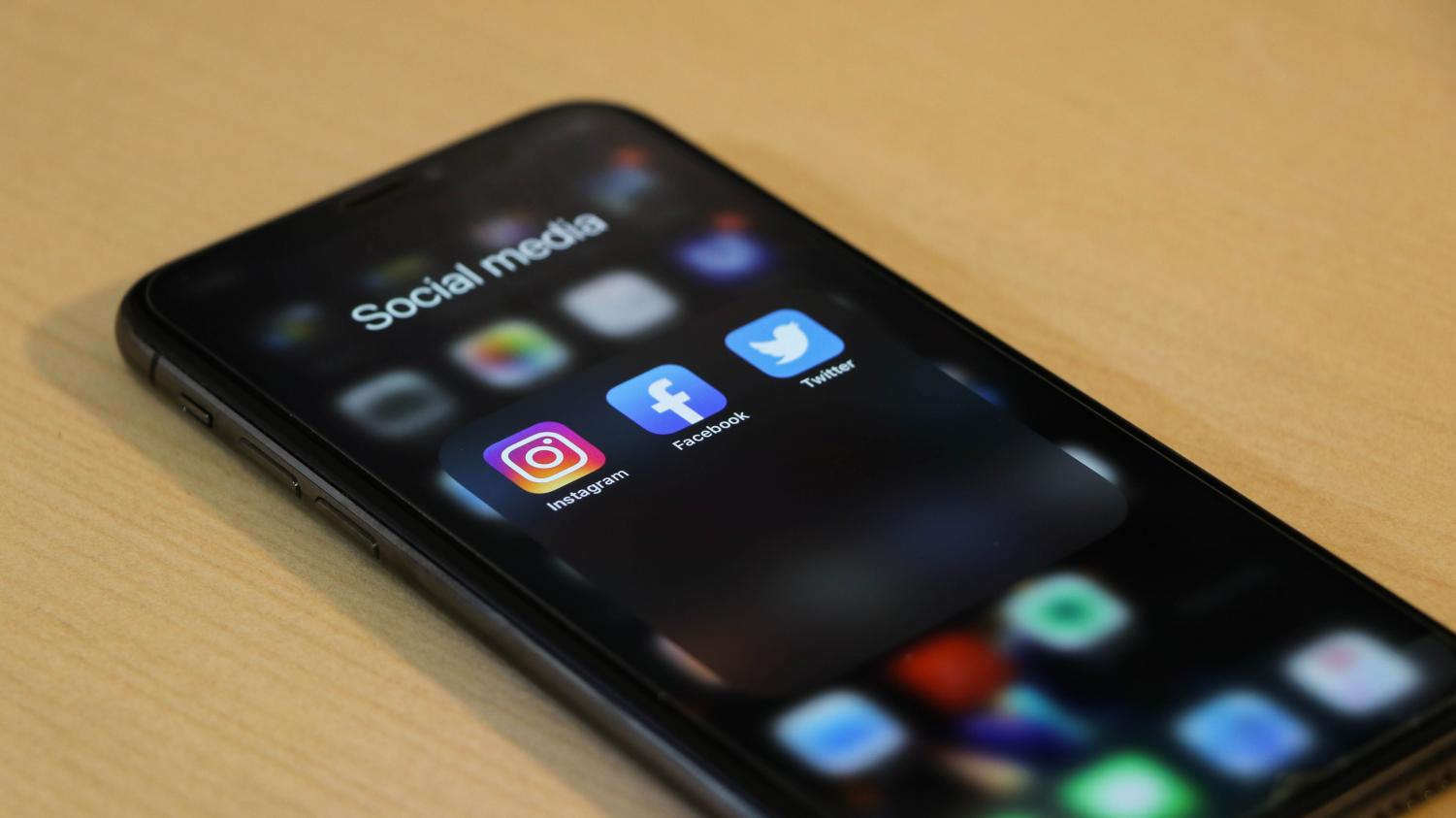By all reasonable measure, most Americans have a normalized addiction: smartphone use. According to The Atlantic, we “tap, type, swipe, and click on our smartphones 2,617 times a day.” We sleep with our phones, go to the bathroom with our phones and turn to them when we feel the slightest twinge of listlessness.
If we used anything else at the rate we use smartphones, we would probably seek help to fend off the addiction. However, phone use has become so standard in our modern society, so fundamental to everything we do, that rejecting this norm can lead to isolation and disconnectedness from peers.
THE PROBLEM
The tech industry has created the platforms we use to be irresistible and heavily used. There are widely known and debated links between mental health issues and social media use. Plastic surgeons have reported on a new phenomenon they call “Snapchat dysmorphia.”
Not only that, but fake news spreads like wildfire online and is more likely to be believed than the truth. Our world feels chaotic, especially when we can hear about crises happening on the other side of the globe in minutes.
A new Netflix film called The Social Dilemma spotlights Tristan Harris, a former Design Ethicist at Google, who is sometimes referred to as the “closest thing Silicon Valley has to a conscience.” Harris argues that social media is not the tool that many claim it to be. When you consider a tool, like a hammer, blender, bicycle or scarecrow, it has no motive of its own, was created for a purpose, and lies in wait for someone to use it for that purpose. Your blender does not send you notifications, it waits its turn. Our phones ask to be used. Social media in its most common form, then, cannot be considered a tool. It is good for connecting with others from a distance, staying informed and keeping up with the demands of our modern society, but that comes at a price.
Every social media platform we use, especially if it comes without monetary cost to us, has been designed to get something from us. Harris said, “As the saying goes: if you’re not paying for the product, then you are the product.” We are being sold. All of our personal data—from the length of time we spend looking at a particular post to everything we “like” and every search we make—is tracked and harvested to fill the pockets of big tech companies.
Whether that scares you or not, we should all be aware of how our information is being used.
DEEP CALLS TO DEEP
Humans were created to need God. We crave God’s presence, intimacy and spiritual connection. That desire manifests in countless ways, one of the most extreme forms being addiction. The pull to watch Netflix, pick up your phone or playing video games—that could be your spirit crying out for divine satisfaction. We are in a spiritual battle with an enemy who wants us dead. This is not to say your phone is demonic, but the enemy will use whatever he can to keep us from feeding our souls on what will actually satisfy us. Our phones are perfectly fine to use in moderation, but if we are honest with ourselves, we all use them in excess.
Especially among young adults and teens, we turn to our devices for comfort when we experience anxiety, to forget about our stress, or to pass the time and avoid what we should be doing. Every time we turn to something else instead of God, we do not give God the space to work inside of us. That is not to say God cannot use social media to speak to us, but if God did speak that way, it calls into question how many of us would actually listen.
WHAT CAN WE DO?
No addiction is healthy, even if there are benefits to using. Protect yourself. There are apps to help track your phone usage. Try neglecting your phone or Netflix while you eat. Turn off your notifications. Ultimately, it comes down to values and priorities. We should value human connection over aimless scrolling.
How we engage online is just as important as how often we engage online. We should be critical thinkers, slow to speak and full of integrity. We should avoid things we know are not healthy for us emotionally, spiritually, mentally and physically. And above all, we should aim to display Christ-like love.
SELF-AWARENESS
COVID-19 has drastically changed how much we use technology. Because the majority of our connections are virtual right now, taking breaks from tech is more difficult. However, we do still need to recognize when our eyes, brains and backs need a break.
Pay attention to how you feel when you reach for your phone or turn on Netflix. Get in touch with potential feelings of avoidance, and try to remember when you last sat in God’s presence. There is no harm in light entertainment to unwind, but for followers of Christ, our motives and hearts are what God examines. Being aware of what is going on inside of you can empower you to make a much-needed change in your life.












